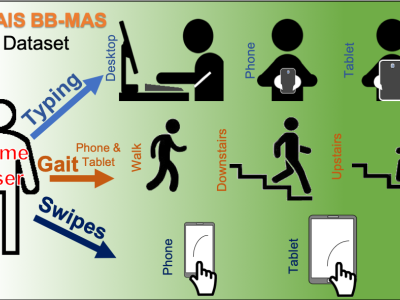generational_parenting_dataset

- Citation Author(s):
-
Vijaya Krishna
- Submitted by:
- Vijaya Omtri
- Last updated:
- DOI:
- 10.21227/66jw-sc40
- Data Format:
 22 views
22 views
- Categories:
- Keywords:
Abstract
This dataset captures various aspects of parenting styles, child behavior, and family demographics to explore the relationship between caregivers’ approaches and children’s emotional and social development. It includes 22 variables covering parental age, education, number of children, emotional and disciplinary parenting behaviors, and the child's emotional responses and prosocial behaviors. Additionally, demographic factors such as the primary caretaker's gender, urban or rural environment, and generational identity (Gen X, Millennial, Gen Z) are included.
Key behavioral indicators reflect both positive parenting traits (e.g., encouraging communication, offering comfort, spending quality time) and negative behaviors (e.g., physical punishment, scolding). Similarly, child attributes range from empathy and sharing to fearfulness and aggressive tendencies.
This rich combination of psychosocial and demographic variables makes the dataset suitable for studies in developmental psychology, parenting style classification, and social behavior prediction. It can be used to identify patterns of parenting that foster positive child development, as well as to detect risk factors linked to behavioral or emotional challenges in children.
Instructions:
Instructions for Use:
a. Preprocessing:
Ensure all categorical data is encoded properly for ML models (e.g., one-hot encoding for generation).
Normalize rating values if using distance-based algorithms.
Handle missing data by imputation or removal depending on use-case.
b. Potential Applications:
Parenting Style Classification using clustering or classification.
Child Behavioral Outcome Prediction using regression or classification models.
Correlation Analysis between parenting methods and child empathy/aggression.
Psychological Insights through statistical and visual analysis.
c. Tools Suggested for Analysis:
Python/R for machine learning and statistical analysis.
Excel/Google Sheets for basic exploration and visualization.
Tableau/Power BI for dashboard creation and deeper visualization.






na